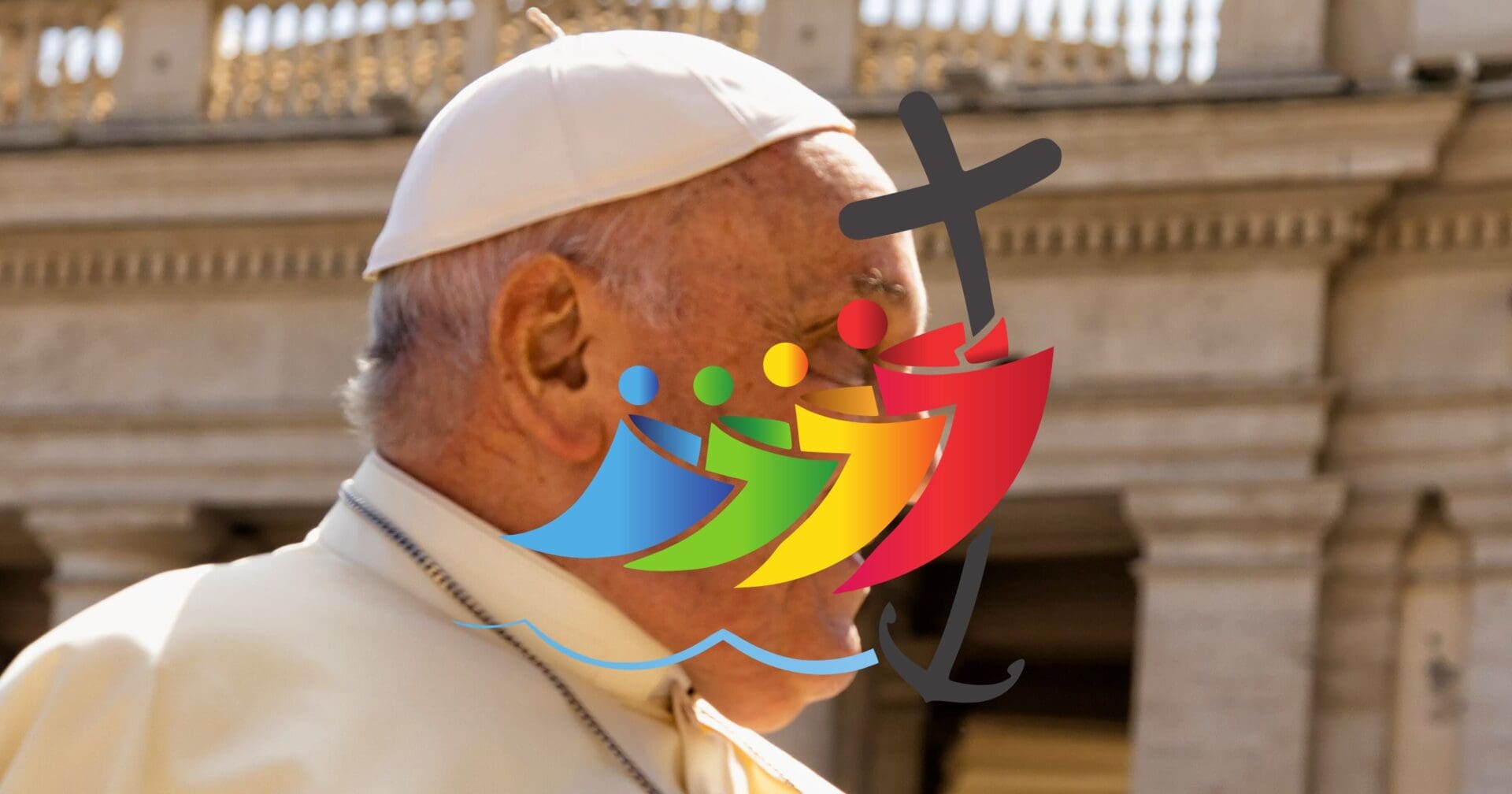The Vatican announced the ways Catholics can obtain a plenary indulgence during the 2025 Jubilee Year. The Apostolic Penitentiary issued a decree detailing the conditions, including making pilgrimages to Rome, the Holy Land, or designated local churches.
Cardinal Angelo De Donatis explained that the faithful can gain the indulgence by visiting any of the four major papal basilicas in Rome, such as St. Peter’s Basilica. “The faithful, pilgrims of hope, will be able to obtain the Jubilee Indulgence granted by the Holy Father if they undertake a pious pilgrimage,” the decree says.
Works of mercy and penance also provide ways to earn the indulgence. The decree specifies that visiting the sick, elderly, or prisoners counts, as well as engaging in charitable acts.
Additionally, Catholics may gain the indulgence by abstaining from social media, fasting, donating to the poor, or “abstaining for at least one day a week from futile distractions.”
Finally, for those unable to travel, the indulgence can be received by spiritually uniting with others and offering up their sufferings. The decree says that those who “recite the Our Father, the Profession of Faith, and other prayers” while offering their hardships can still participate.
Are there any other requirements for being granted an indulgence by the Church? Most definitely. Indulgences cannot be gained by the sheer acts alone listed above, or by saying prayers as if they were magic spells.
The granting of indulgences are predicated on the internal disposition of the person and by meeting the three prerequisites: Sacramental Confession, Holy Communion, and Prayer for the Intentions of the Pope. All must be performed within days of each other if not at the same time. Additionally, one must be free from all attachment to sin. What does that mean? Freedom from attachment to sin does not mean freedom from all sin – that would be impossible. Rather, it means there must be no sin the soul is not willing to renounce, possibly the most difficult requirement.
“An indulgence is a remission before God of the temporal punishment due to sins whose guilt has already been forgiven, which the faithful Christian who is duly disposed gains under certain prescribed conditions through the action of the Church which, as the minister of redemption, dispenses and applies with authority the treasury of the satisfactions of Christ and the saints” – Catechism of the Catholic Church 1471
If any of the above four conditions aren’t meant, you can still receive a partial indulgence – a partial remission of the temporal punishment associated with sin.
“An indulgence is partial or plenary according as it removes either part or all of the temporal punishment due to sin.” – CCC 1471
Editorial credit: Fabrizio Maffei / Shutterstock.com | Photo credit: Holy See via Wikimedia Commons














